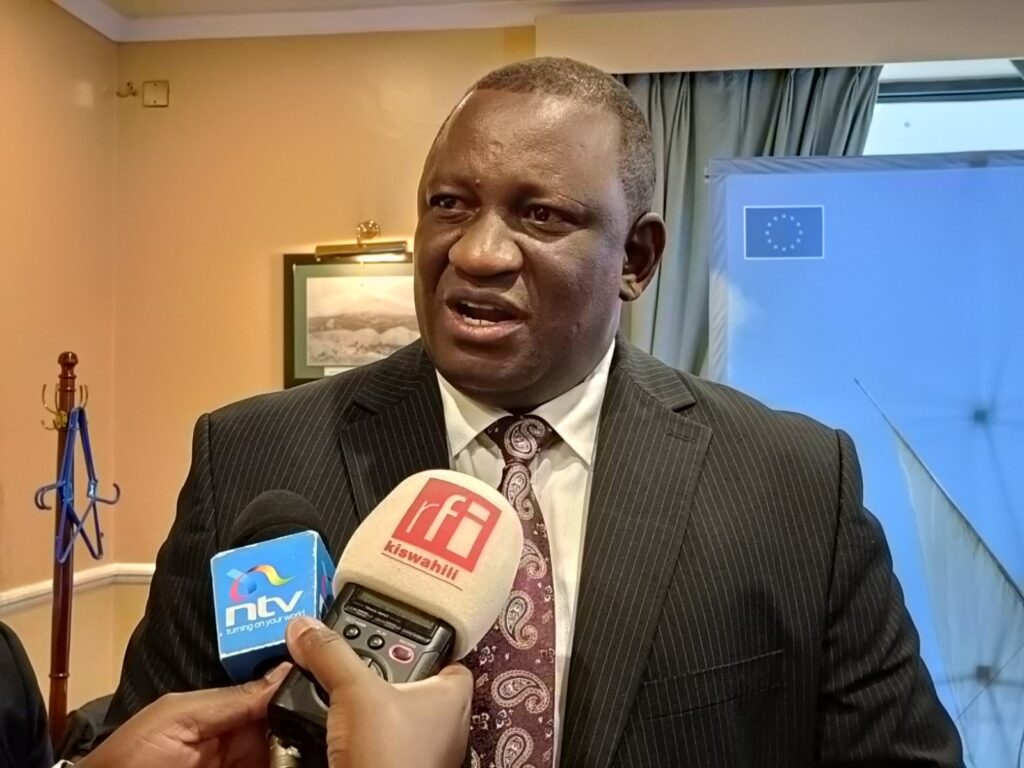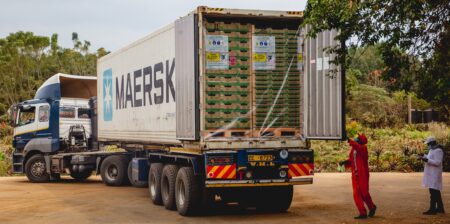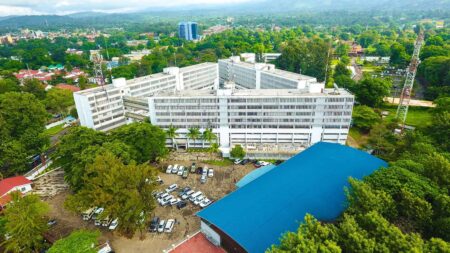- Kenya looks to rise on its estimated $38.4 million blue economy investments to grow sector revenue to $921 million annually.
- Africa, with its vast coastline and rich marine resources, is poised to harness the immense potential of the blue economy.
- BlueInvest Africa is a business-to-business event that aims to catalyse the growth of Africa’s blue economy through strategic investments.
The Kenyan government is looking to ride on its estimated $38.4 million (KES 5 billion) investments in the blue economy initiatives to increase revenue to $921 million (KES 120 billion) annually.
This will be a threefold increase from the current $288.6 million (KES 37.6 billion) that the state generates from the blue economy.
The Cabinet Secretary in the Ministry of Mining, Blue Economy & Maritime Affairs, Salim Mvurya, said that part of the plan was to map the fisheries’ infrastructure across the country.
“We want to increase the revenue to Sh120 billion to harness the potential of this sector. The government is investing $11.5 million (Sh1.5 billion) in the coast region to provide landing sites, which will be the first points for value addition,” said Mvurya.
A further $10.7 million (KES 1.4 billion) will be spent on mapping the Lake Victoria region, with Sh1 billion more injected into the Kabonyo–Kanyagwal fish project in Kisumu.
Mvuyra spoke ahead of the Blue Invest Africa conference Kenya will host on the third and fourth of July 2024.
BlueInvest Africa is a business-to-business event that aims to catalyse the growth of Africa’s blue economy through strategic investments in small and medium enterprises (SMEs).
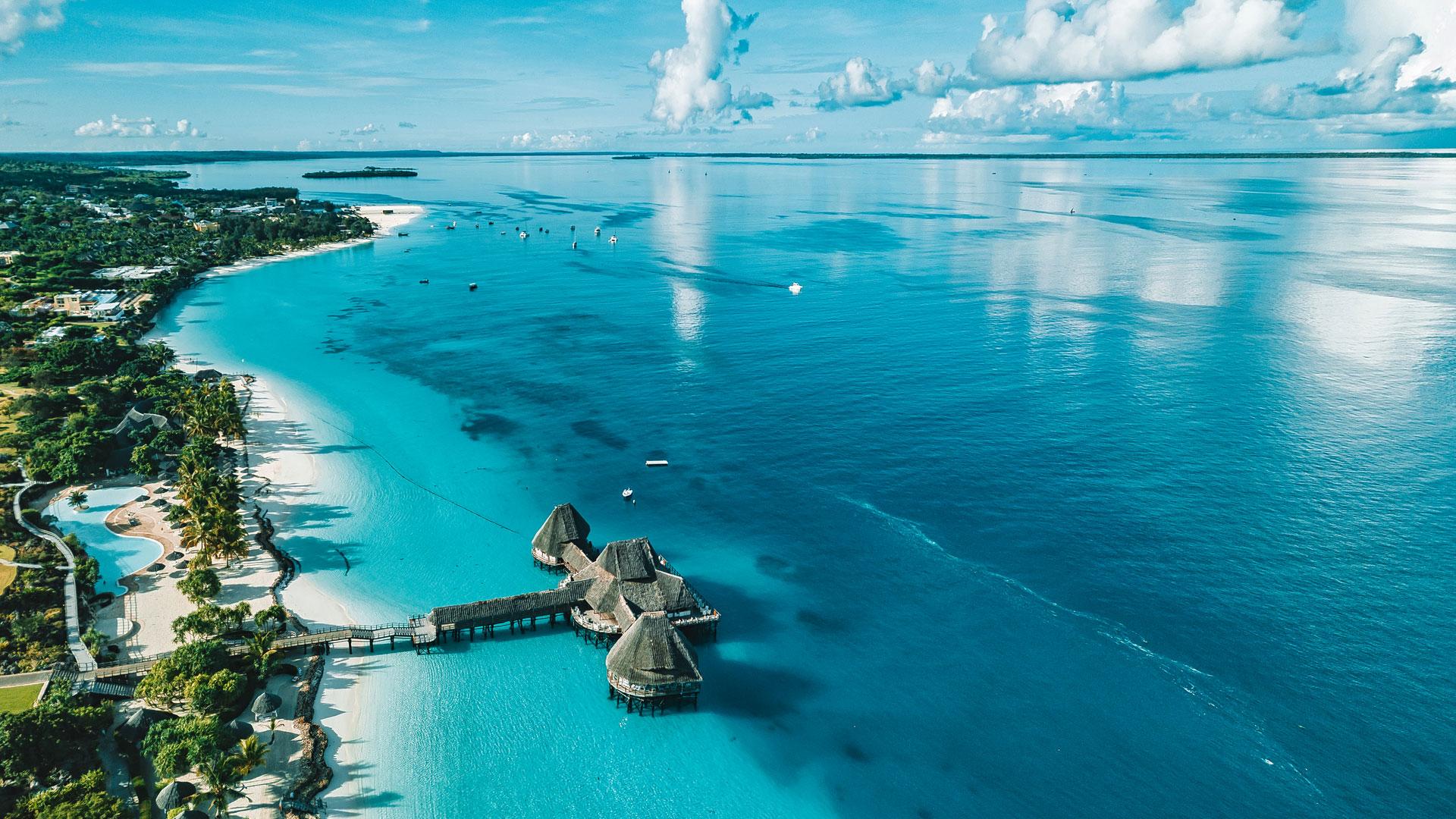
The event is supported by the Government of Kenya and funded by the European Commission Directorate-General for Maritime Affairs and Fisheries (DG MARE).
The business event will bring together key stakeholders from across the continent and beyond to explore opportunities for sustainable development in “blue economy” sectors such as fisheries, aquaculture, maritime transport, IT technologies, robotics, marine pollution, plastic litter, and renewable energy.
The EU ambassador to Kenya, Henriette Geiger, said that the upcoming conference will bring together investors from the European Union and African countries to see how they can spur the sector.
“Through collaboration and investment, we can unlock the immense potential of Africa’s maritime resources, driving sustainable development and prosperity for generations to come,” said Geiger
The business event will feature keynote addresses, panel discussions, and interactive sessions highlighting the sector’s best practices, innovative solutions, and investment opportunities.
Attendees can expect to engage with leading experts, investors, and policymakers, gaining valuable insights and forging meaningful connections to support their business objectives.
The focus for 2024 is to spotlight transformative projects within maritime and coastal sectors and interior waters, emphasising sustainable innovation, job creation, and marine ecosystem preservation.
This event provides a unique platform for African-based companies and global investors to forge strategic alliances, exchange knowledge, and propel the blue economy agenda.
The focus for BlueInvest Africa 2024 will be showcasing transformative maritime and coastal projects, emphasising innovation, job creation, and marine ecosystem preservation.
Read Also: Kenyan women-led businesses in the blue economy get $10Mn grant
Blue Economy Investments on the rise
By focusing on Micro, Small, and Medium Enterprises, the event aims to empower local entrepreneurs and communities, fostering inclusive growth and resilience in Africa’s
Africa, with its vast coastline and rich marine resources, is poised to harness the immense potential of the blue economy.
Blue economy refers to the sustainable use of ocean resources for economic growth, job creation, and environmental sustainability.
In recent years, investments have significantly increased to tap into Africa’s blue economy, unlocking new opportunities and addressing pressing challenges.
One key area of focus is fisheries and aquaculture. Africa’s coastal and inland waters are teeming with diverse marine life, offering a lucrative avenue for economic development.

[Photo/Economy Middle East]
Investments in modernizing fishing fleets, implementing sustainable fishing practices, and promoting aquaculture can boost food security, generate income for coastal communities, and reduce overfishing.
Furthermore, developing maritime transport infrastructure facilitates trade and connectivity within Africa and beyond.
Ports, shipping lanes, and maritime logistics are pivotal in facilitating the movement of goods and people, promoting regional integration, and driving economic growth.
Investments in modernizing ports, enhancing maritime safety and security, and promoting efficient shipping practices are key priorities for African countries.
Renewable energy is another promising frontier in the blue economy landscape. With abundant wind, solar, and ocean energy resources, Africa has the potential to become a leader in renewable energy production.
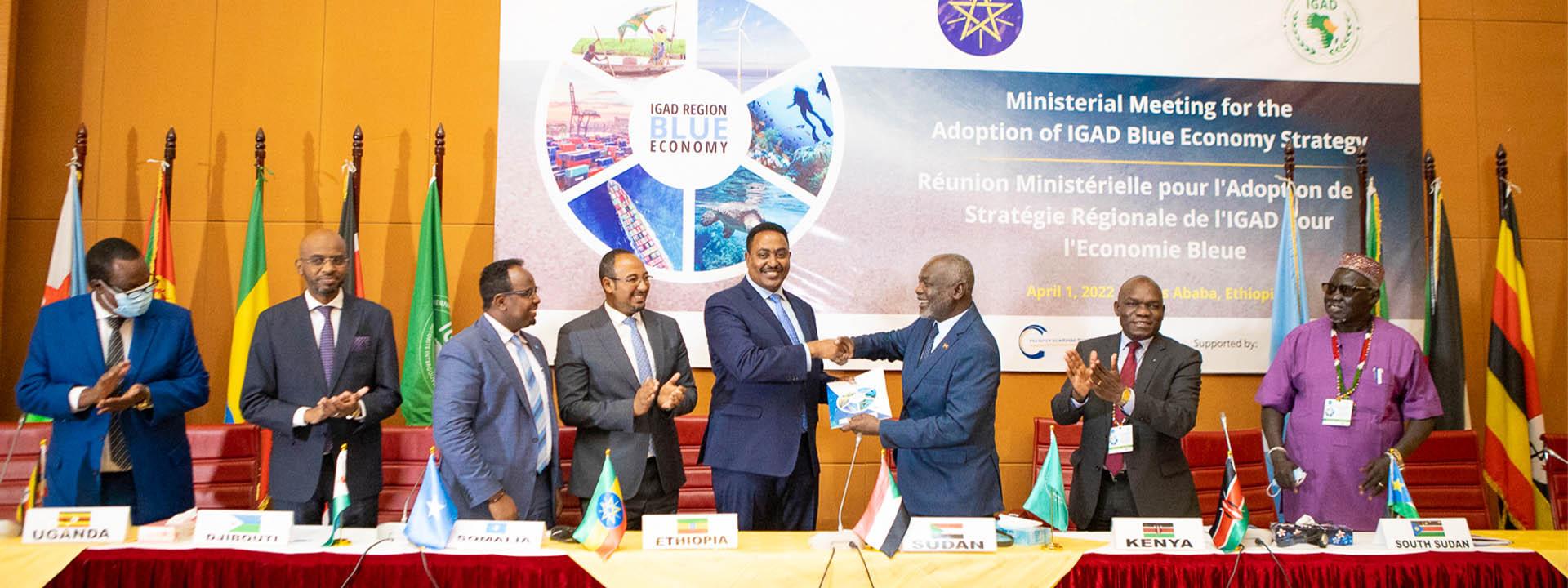
Photo-IGAD
Investments in offshore wind farms, tidal energy projects, and marine-based solar installations not only contribute to clean energy transitions but also create jobs and stimulate economic development.
Moreover, the blue economy offers opportunities for sustainable tourism and conservation efforts.
Africa’s pristine coastlines, coral reefs, and marine wildlife are major attractions for tourists seeking unique and immersive experiences.
Investments in eco-friendly tourism infrastructure, marine conservation initiatives, and sustainable tourism practices can spur economic growth while preserving natural ecosystems.
However, realizing the full potential of the blue economy requires strategic investments, policy frameworks, and partnerships.
Governments, private sector entities, and international organizations must collaborate to promote sustainable practices, support innovation, and build resilient blue economy sectors.
By harnessing the power of the ocean responsibly, Africa can unlock new pathways to prosperity while safeguarding its marine heritage for future generations.
Read Also: Ocean conservation can revamp Africa’s blue economy





